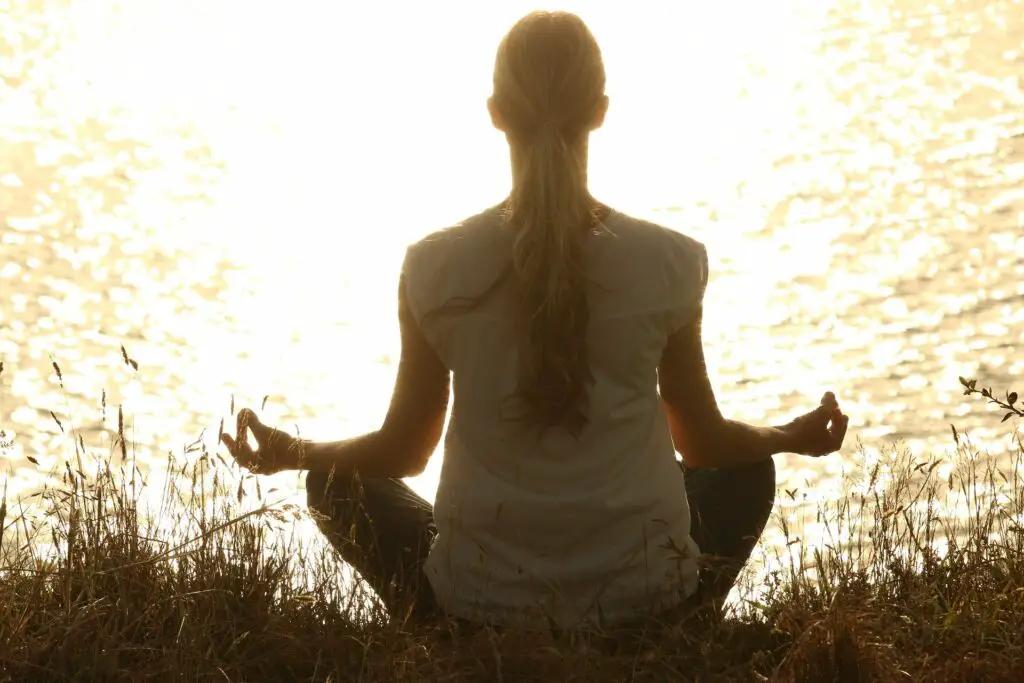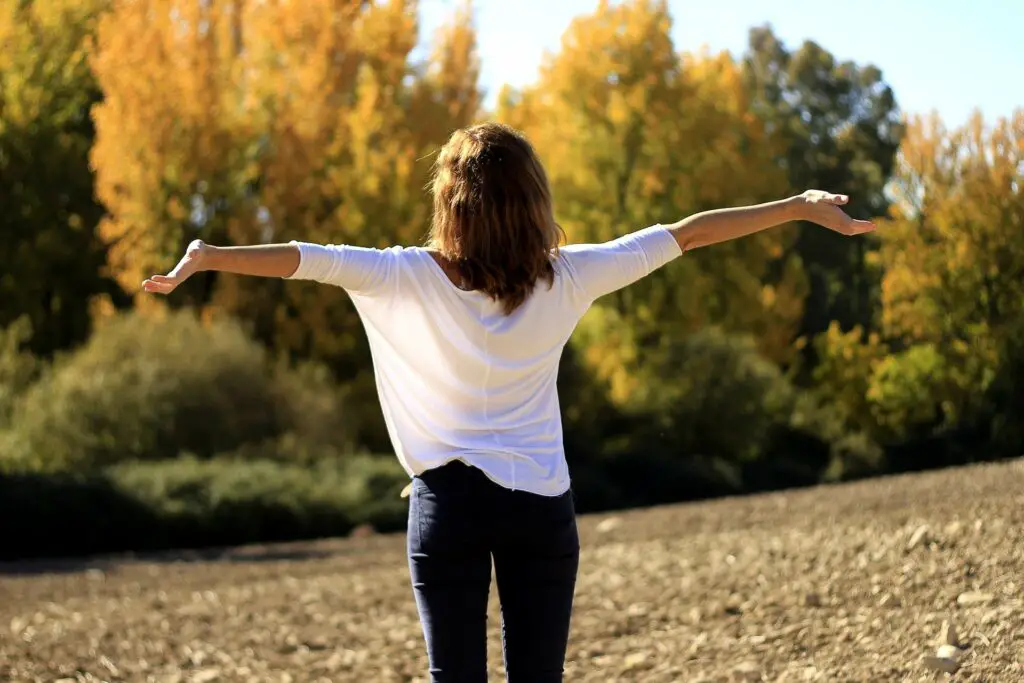Modern life is hectic. By the time we juggle work and home life, most of us have little time left for a breath, let alone finding time for being mindful.
Mindfulness has been increasing in popularity as celebrities and social media culture have embraced the buzzword and apps like Headspace have emerged to encourage us to take time out and focus on our mental health. But what is it, exactly? And is it possible to practice mindfulness every day? Read on to find out more.
What Is Mindfulness?
Is it simply sitting down for five minutes with a cup of tea or coffee? Well, this can be a starting point for many people, but it is much more than this.
Mindfulness has been described as being aware of where we are and what we are doing, without being overwhelmed or reactive.
Scientist and Writer, Jon Kabat-Zinn, refers to mindfulness as awareness that happens as a result of purposefully paying attention in the moment and in a non-judgemental way.
Have you ever driven somewhere or eaten something and forgotten that you did that? This is what we usually call running on ‘autopilot’ – the antithesis of mindfulness.
We are all evolunationary hard-wired to look for pleasure, avoid difficult situations, not relax, and want immediate gratification. But re-shaping these learned behaviours and habits, and focusing on a more mindful way of living, can work wonders for our mental health.
The key is to be mindful rather than ‘mind full’ – as so many of us are.

The Benefits of Mindfulness
Studies have shown that, practised on a daily basis, mindfulness can help to make sufficient positive changes in the brain to overcome situations with more resilience.
In terms of neuroscience and neuroplasticity, this means that mindfulness has shown that you can shape your brain by changing your thoughts around your feelings and therefore your behaviour (and vice versa!)
Neuroscience research indicates that practicing mindfulness can work to reduce activity in the amygdala while also increasing the connections between the amygdala and the prefrontal cortex – these parts of the brain can help us to react less to stress factors and allow us a better recovery when we do feel stressed.
Mindfulness can help us feel more compassionate and increase levels of emotional intelligence, raising our ability to recognise our own emotions and the emotions of others.
Over time, and with regular practice, you can become an expert at turning off your inner chit-chat, creating feelings of satisfaction and happiness.
Mindfulness also means you can analyse if your thoughts and feelings are actually a true representation of the situation at the time or some negative bias based on past experiences.
You may also like: The Best Herbal Remedies for Anxiety and Depression.
How To Practice Mindfulness in Daily Life

1. Practice Breath Work
Focus your attention on your breath – this can help you deal with stress, anxiety and become more present. Breath work can also be beneficial for managing panic attacks.
2. Practice Bringing Awareness To Daily Activities
Whether you are drinking a cup of coffee, cleaning your teeth, or doing household chores, you can practice mindfulness by engaging all of your senses. What does it smell like? What does it feel like? What does it look like? Taste like? This exercise helps you to be more ‘in your body’ with your senses rather than being busy in your mind.
Another idea could be to try raisin meditation. Yes, you read that correctly. The raisin mindfulness exercise requires you to focus and be present by using all your senses to describe the sensations of eating a tiny raisin, slowly.
3. Practice Loving Kindness
We’re not always very kind to ourselves – and this can have a big impact on our mental health.
Try to practice loving kindness meditation by sending kind and loving thoughts, first to yourself and then to others. Fill up your own cup first and then spread the love.
4. Practice Heart-focused Breathing
You can tune into your heart’s wisdom to gain my more emotional balance and resilience by focusing your breath from your heart space.
5. Practice Forgiveness
Ho?oponopono is a Hawaiian healing practice which can help you be more mindful by letting go of past hurts and disappointments whether they were caused by others or yourself. Instead focus on being more aware in the present.
6. Practice Grounding
This is an excellent way to become more present in your body. You can do this by standing barefoot for 10 minutes on the grass or on the ground. If you live in a flat you could always do this by buying a grounding mat instead. By feeling the ground physically beneath your feet, and focusing on this, you can become more aware of being in the moment and can help to clear your mind of worries.

7. Practice Mindfulness With a Gratitude Diary
Write down two to three things that you feel grateful for every single day. This helps to shift the negative mindset that many of us find ourselves falling into.
8. Practice Positive Psychology
Become aware and identify one’s own character strengths – focus on this instead of beating yourself up with the things you feel are wrong. This will help to increase the positive feelings towards yourself to boost confidence.
Try this method every morning before you start your day and notice the difference it makes.

9. Mindfulness Meditations
This can simply be in the form of a normal meditation when you sit comfortably and connect with your breath and allow your thoughts to be fleeting rather than a distraction.
You can also do a body scan meditation where you lie on your back and become aware of sensations in your body – starting at the tip of your toes and working your way up to the top of your head.
If traditional meditation methods are a struggle, try a walking meditation instead. This is where you walk slowly and focus on every aspect of walking, becoming aware of body sensations, or the sounds you hear and the things you see. Being amongst nature is incredibly healing for many people so why not take your walking meditation through a forest or woodland area?
- Pegasus Symbolism: Understanding The Spiritual Meaning And Dream Meaning Of Pegasus - November 5, 2023
- 50 Beautiful Moonstone Affirmations To Try - November 5, 2023
- The 6 Best Samhain Crystals To Work With This Spooky Season - October 23, 2023






